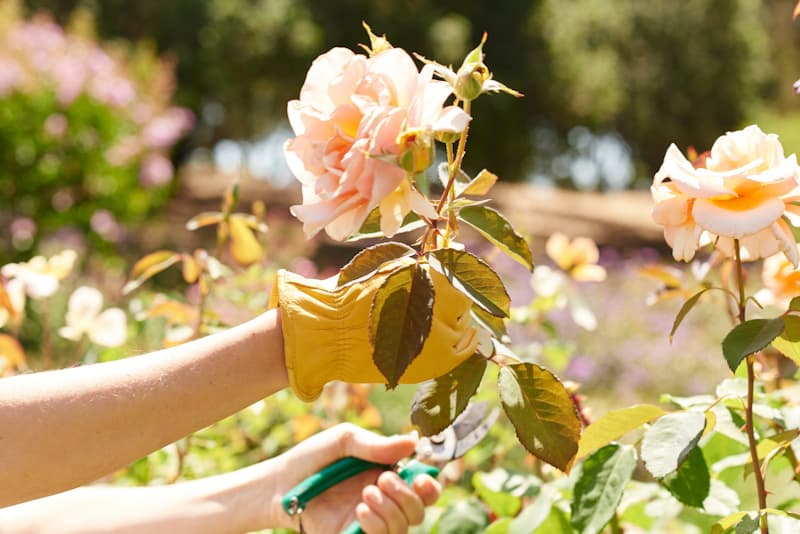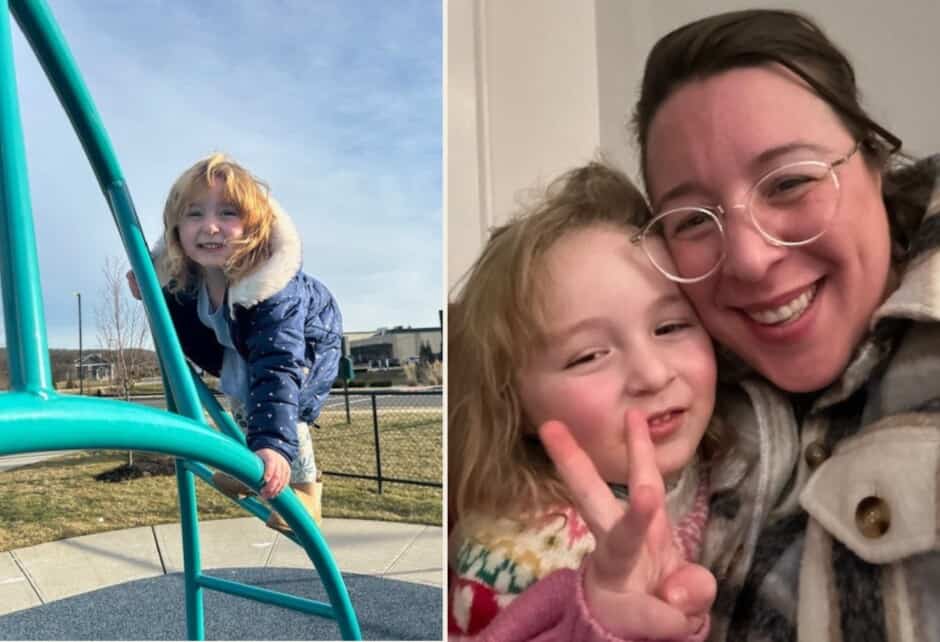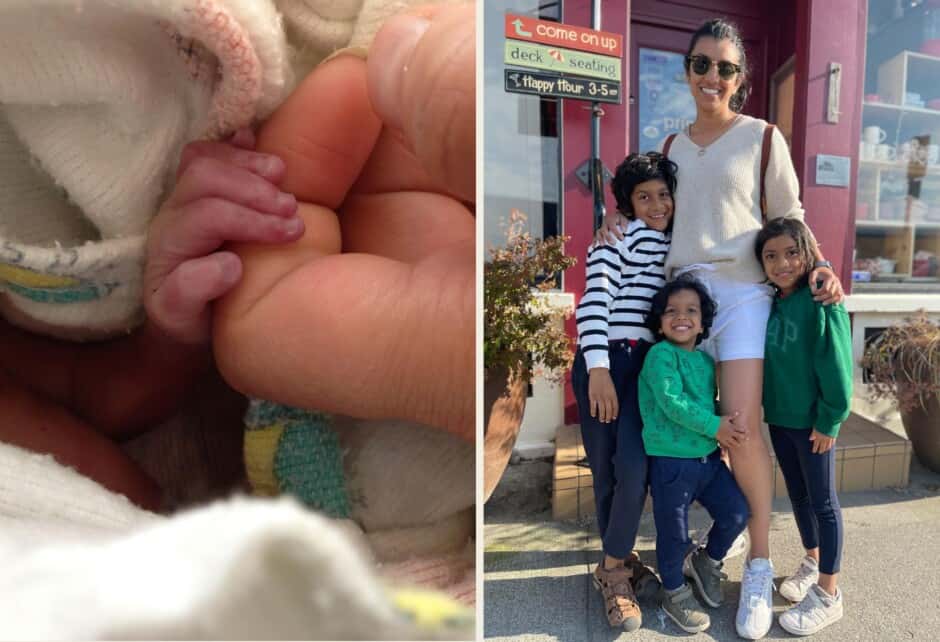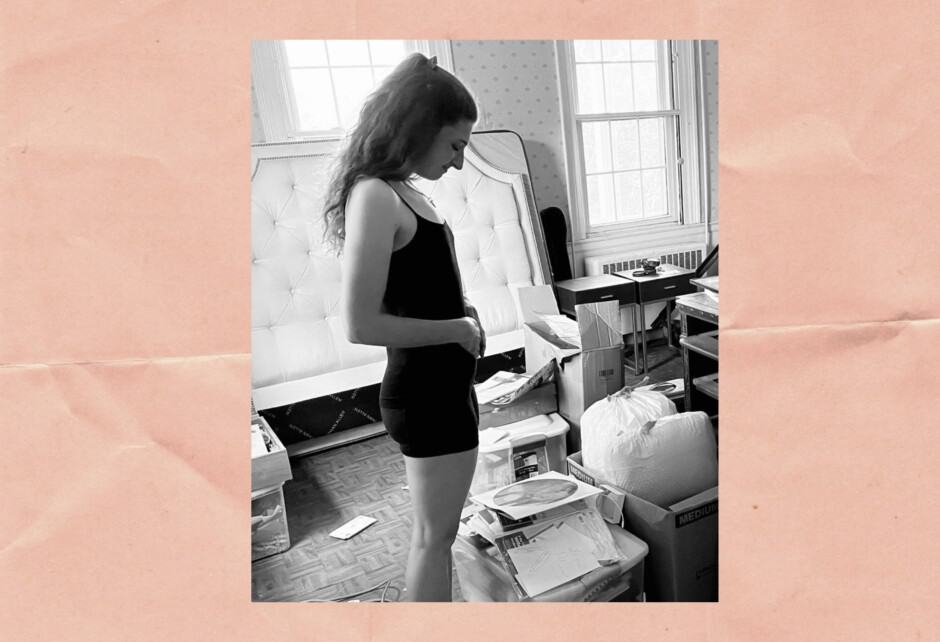
Mom Talk: Losing My Religion and Finding Myself
Written by James Kicinski-McCoy
Photography by Lia Ices, Photographed By Maria Del Rio
We’re back with another round of “Mom Talk”, where we invite some incredible mothers, from all walks of life, to share their personal experiences and journeys through motherhood, whether it be struggles, triumphs, or anything in-between—nothing’s off limits when it comes to topics. This week, Marlo Hamilton talks about her hard decision to step away from the church she’s always known, in order to allow both herself and her family to grow. -JKM
Church was long and hard sometimes, but I loved being good. It was a talent of mine, and I pledged my heart from a young age.
Mine was a childhood spent in the comfort of a strong church community. Emblazoned in memory are the sweet, musty smells of the pews we squirmed on, the thrill of the organ blasting after a long prayer, and the beaming smile of the children’s singing leader. My kids knew this same coziness, as my husband and I were dedicated participants and leaders in our local congregation, and staying involved was never questioned—not once.
When LGBTQ issues started to pop up more and more in the media, they also became more frequent topics with church leaders. My son was a toddler at the time, and I was pregnant with our first daughter. I was also in my fifth year of teaching in a French immersion elementary school. Along with mainstream society, I steadily grew in knowledge and understanding, love and acceptance of LGBTQ minorities, but my heart ached over the hardline stance my church—mine—reaffirmed. It was too little love for the God I thought I knew. In the church, I was far from the only one conflicted. Some said, “What if this is a test of faith?” A few quietly asked, “What if it is a test of love?”
As time went on, I realized that I felt ashamed when non-religious friends would ask me about my church’s attitude towards LGBTQ people, and then, too, ashamed that I had not defended my faith as I had been taught. I was caught between my own moral compass and the church’s teaching to surrender to God’s laws as taught by church leaders, which I had effectively internalized as a child, youth, and now adult, being immersed in all things church, as I was.
I struggled with this nagging cognitive dissonance for a few years, trying to fix my rebellious heart with the church prescribed antidote of increased devotion to my faith. It seemed to be working. I studied and prayed, believing with all my heart that God would give me an answer that would bring peace—until.
It happened one beautiful winter’s morning. I had just come out of a long bout of bronchitis and was finally feeling energized again. My morning run finished; I was full of endorphins and optimism. It was in this cheerful state I had been contemplating my spirituality.
To be clear, I have very little mystic leaning left in me, but I swear it was a physical sensation. A key had been endlessly fiddling in a lock and at last—a click!—a turning. The door to my heart swung open. With an exultant fluttering in my chest, my paradigm had shifted, and I found myself on the other side of the beliefs I had cradled since earliest childhood. It felt so right—like finally exhaling after holding my breath for too long. I looked upward through happy tears and whispered, “Thank you.”
I waited all day with my secret apostasy fluttering in my chest and felt surprisingly calm. When my husband came home I told him. He held me tight and lit up all over. I think his heart was unlocking, too. I sobbed that we would have to move away, and he smiled and said we would not. Of course, he was right.
The days, weeks, and months that followed my epiphany were beautiful and awful, celebrating and grieving as Matt and I reexamined what we really believed and wanted in our lives. At times, I was literally sick at the thought of disappointing family and friends in the church. I knew this would impact the way people saw me. They might feel betrayed, rejected, or judged. They might judge me as being selfish or worldly. Despite fears and uncertainties, switching to secular family life finally felt like the only thing to do. As a mother, my primary concern was supporting our three kids, ages nine, six, and three, through the transition. I feared that losing our faith would mean losing some of the joy and light in our lives. Also, my husband and I had never contemplated raising our children without the support of a church community, and this prospect terrified me, and worried him at first.
On Sundays, instead of going to church, we would go for picnics in parks, or hikes in the mountains. We would bring sketchbooks and journals for everyone, and we would all take some time to write or draw from our internal dialogues. We would play together, laugh together, and talk about anything and everything. Eventually Sundays without church felt natural, and we still cherish the extra weekend time to enjoy together as we please.
My husband and I have deliberately embraced open conversation as our best parenting tool. No topic is off limits; no policy need go unquestioned. Every idea and opinion is valued and respected. We don’t have to agree in order to love and respect each other. We allow ourselves to value critical thinking more, and obedience less. And, of course, the best values from church like honesty, kindness, and helping others, are reinforced all around us still.
Instead of mealtime prayers that no longer felt authentic, we started taking turns sharing something we’re grateful for. Sometimes, we just clink glasses and shout, “Bon appétit!”, or “Cheers!” Our home is still happy, and we’ve enjoyed an unexpected bonus of more fun and less stress, with fewer unnecessary rules. My incessant need for routines has been replaced with a joie de vivre I never knew I was missing.
As a family, we periodically sift through inspirational quotes on topics like gratitude, friendship, honesty, and love. Our kids make colorful posters depicting their favorites that we display around the house, and they become platforms for discussing our family values and beliefs. Time once given to volunteering and attending meetings within our church are now put into building community all around us: our neighborhood, our kids’ schools, our family’s nordic ski club, sports teams, and so on. Unsurprisingly, it has been easier to grow closer friendships without a wall of belief between us. To our surprise, we also began connecting with other families who were going through the same deliberate faith transition as us, and have found friendships, understanding, and a network of support with them. We involve the kids in finding local charities and give with money which previously would have gone to our church.
As for family and friends still in the church we left, we resolved from the start to never let ideology get in the way of relationships as far as we can help it. As we keep open hearts and avoid judging their choices and beliefs, love and acceptance is reciprocated. We are kin, and nothing changes that.
Most astonishing for me personally has been how I have come to know and love myself. I am less anxious about my shortcomings and more confident in my abilities. Through this journey of self-discovery, and in talking to some wise and thoughtful people, I have found a new personal spirituality. I find peace in the pure beauties of nature—a sunset, snow-topped mountains. I have learned to embrace the uncertainty that binds all of us humans together; it is honest and true. I have faith in the best in each of us. There is so much goodness in the world and so much love. For me, to be a part of that is more than enough.
When I think back to the little girl I was—a kid who felt remorse for rushing her bedtime prayers—I give thanks to the Universe that I could finally find the courage to be a little bit badass (and say the word, badass), and to live true to my heart.
Are you a mom with something to say? Send us an email to be considered for our “Mom Talk” column.
Share this story



